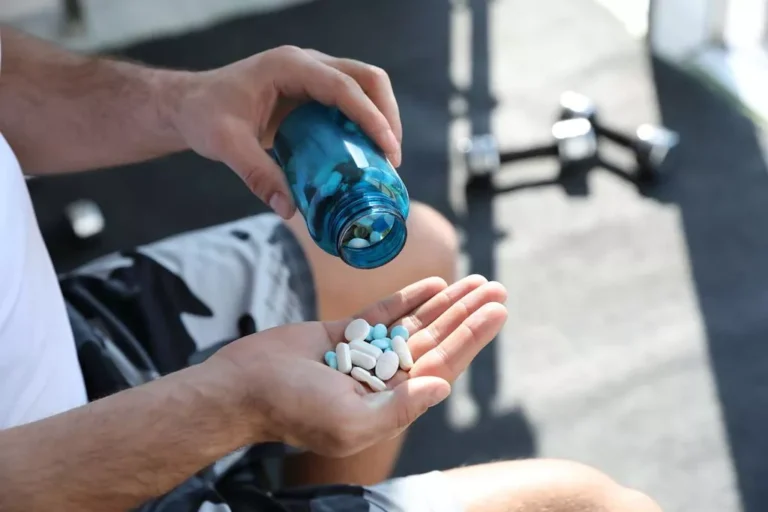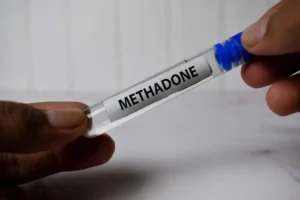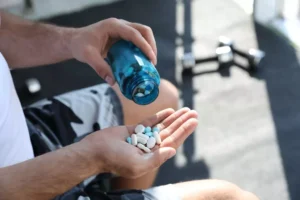
So a thorough review is required to confirm if an individual has the disease. While experts know that Sobriety excessive drinking can contribute to developing pancreatitis, there’s no consensus on the exact amount of alcohol a person must consume to trigger inflammation. However, the general guidance is that a person who regularly consumes anywhere from four to seven drinks per day is more likely to develop the condition. Alcohol use disorder, once referred to as alcoholism, has known causes, risk factors, and health complications.
- There are several treatment options available for AUD, and there’s no one-size-fits-all solution.
- Alcohol use disorder (AUD), or alcoholism, is a chronic relapsing brain disease.
- Keep track of all your activities in a daily diary or schedule planner for a few weeks, and take an honest look at how it adds up.
- These effects, combined with those of alcohol abuse, can put an individual’s health in severe jeopardy.
- Establishing comprehensive, evidence-based solutions to support individuals affected by substance use disorders on their path to recovery.
- Armed with sufficient information, practice what you will say and pick the right time and place for the conversation.
Treatment Options for Alcohol Use Disorder

Learn the latest about how this disease is diagnosed and the many available treatment options. Heavy alcohol use is binge drinking on five or more days within the past month, or consuming more than seven drinks per week for women and more than 14 drinks per week for men. High-functioning alcoholics are how to recognize signs and symptoms of alcoholism and alcohol abuse more likely to develop some types of cancer, high blood pressure, liver and pancreas problems and memory loss. Someone with an alcohol addiction who has remained sober for months or years may find themselves drinking again.
Do you have a drinking problem?

Most people with an alcohol use disorder will experience a negative impact on their relationships. They will likely experience deteriorating relationships with family and friends and might have difficulty at work. Those with alcohol use disorder will continue to drink despite increased isolation and separation from loved ones. People with alcohol use disorder might reduce their participation in social events and become withdrawn over time. Do you continue to drink heavily, even though you’re currently suffering through relationship, work or health problems? Beyond affecting your personal health and happiness, abusing alcohol can also affect those you love and care about.

Treatment for Alcohol Misuse or Addiction
Stay close to family and friends while getting the support you need. Calls to numbers marked with (I) symbols will be answered or returned by one of the treatment providers listed in our Terms and Conditions, each of which is a paid advertiser. The Healing Place is available 24/7 to discuss your treatment options. https://ecosoberhouse.com/article/making-living-amends-during-addiction-recovery/ Their representatives will discuss whether their facility may be an option for you. These calls are offered at no cost to you and with no obligation to enter into treatment.
- They are peer-led organizations dedicated to helping each other remain sober.
- Drinking alcohol in moderation is generally regarded as being safe, but for some people, alcohol consumption can become a problem.
- If you are abusing alcohol, a mental health professional will work with you to develop a treatment plan that includes an effective approach to treating alcoholism, such as cognitive behavioral therapy.
- Getting help before your problem drinking progresses to severe alcohol use disorder can save your life.
- Alcohol can disrupt immune pathways in complex ways, including reducing the number and function of certain immune cells.
- Children who are educated on the dangers of alcohol by their parents growing up are less likely to start drinking as teenagers.
How to Recognize an Alcohol Dependence (Alcohol Use Disorder)

Even if you recognize many of these health factors and warning signs in your own life, it is not too late to reach out for support and treatment. Severe alcohol withdrawal symptoms can be life-threatening and require medical intervention during alcohol detox. People who drink heavily or binge drink may find that their alcohol use has come to cause problems in their lives. These problems are a warning sign of alcohol use disorder or alcoholism, which SAMHSA reports affects at least 28.9 million people over the age of 12 in the United States.
- Therefore, it is imperative that you seek professional help when going through the detox process and continue to engage with healthcare professionals throughout your treatment and rehabilitation.
- Calls to any general helpline will be received by The Healing Place, a paid advertiser.
- BetterHelp is an online therapy service that matches you to licensed, accredited therapists who can help with depression, anxiety, relationships, and more.
- If you’ve had two or three of those symptoms in the past year, that’s a mild alcohol use disorder.
- It’s important to remain calm when confronting your teen, and only do so when everyone is sober.
- Alcohol is, without question, the most commonly used and abused substance in the United States.
Alcoholism and alcohol abuse can also have an impact on your family, friends and the people you work with. For many adult alcoholics, the first stages of alcohol abuse start in their teenage years, often through persistent binge drinking, resulting in a higher and higher tolerance to alcohol. However, it isn’t uncommon for adults to develop an alcohol use disorder (AUD) even if they have not previously had any problematic drinking habits, even occurring in seniors. An end-stage alcoholic will experience life-threatening withdrawal symptoms when they stop drinking.